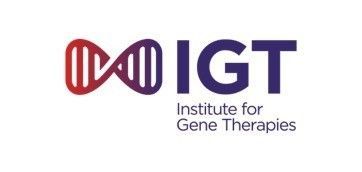
Function of tafazzin in antibacterial immunity
The 2023 American Heart Association/Barth Syndrome Foundation predoctoral fellowship has been awarded to Mack Reynolds, an Immunology PhD student in Dr. Mary O’Riordan’s lab at the University of Michigan (Ann Arbor, MI). Mack’s project entitled, “Function of tafazzin in antibacterial immunity,” will examine how specialized immune cells called macrophages behave during bacterial infections when there is not enough tafazzin, like in patients with Barth syndrome (BTHS). Many individuals with BTHS are impacted by severe infections like skin infections or ulcers. Many studies have evaluated how neutrophils impact infections in BTHS but further knowledge of how macrophages behave during infections is needed and may uncover new avenues for potential therapies. Mack will first look at how proteins and fats involved in macrophage metabolism (i.e. how cells make energy) differ between macrophages with normal or low tafazzin levels after the cells have been infected with methicillin-resistant Staphylococcus aureus (MRSA) bacteria, a common cause of skin infections. He hypothesizes that when tafazzin is low and cardiolipin cannot be remodeled properly in macrophages, changes in the cell’s metabolism impact inflammation and clearance of infection. This research will help us learn more about how macrophages contribute to inflammation and infection in BTHS.
This fellowship was made possible by the AHA/BSF Research Partnership, and is a funding program for investigator-initiated career development and knowledge discovery projects that directly involve Barth syndrome or cardiolipin research. Administered and peer-reviewed by AHA's pre-doctoral and post-doctoral fellowship program, applications open annually in September.











